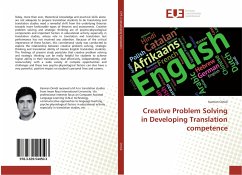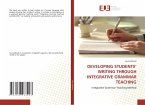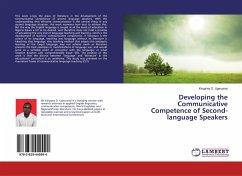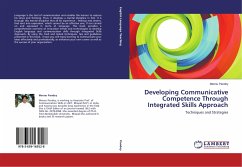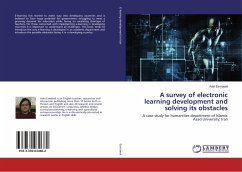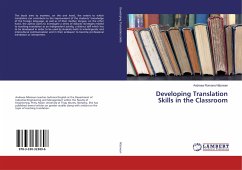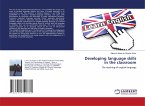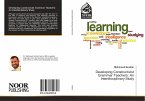Today, more than ever, theoretical knowledge and practical skills alone are not adequate to prepare translation students to do translating and translation studies need a remedial shift from the underlying theories towards more fashionable types of theories and assessments. Creative problem solving and strategic thinking are of psycho-physiological components and important factors in educational activity especially in translation studies, whose role in translation and translation test performance has not received any attention. Because of the critical importance of these factors, this correlational study was conducted to explore the relationship between creative problem solving, strategic thinking and translation ability of Iranian English translation students. The findings of present study postulate that creative problem solving and strategic thinking can be really helpful for students to achieve higher ability in their translations, deal effectively, independently, and resourcefully with a wide variety of complex opportunities and challenges and these two psycho-physiological factors can also have a very powerful, positive impact on student's personal lives and careers.
Bitte wählen Sie Ihr Anliegen aus.
Rechnungen
Retourenschein anfordern
Bestellstatus
Storno

